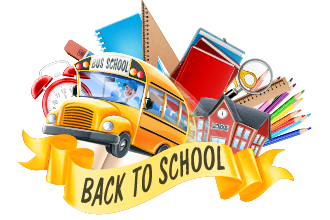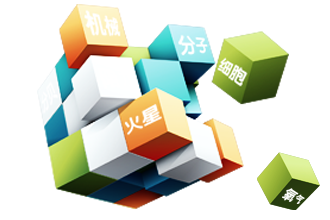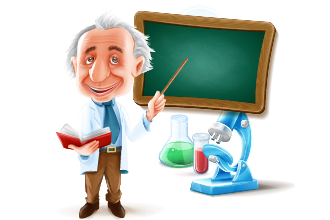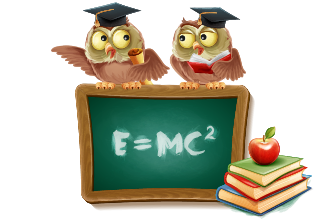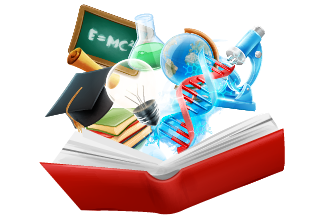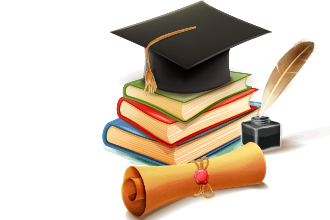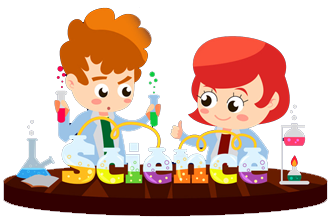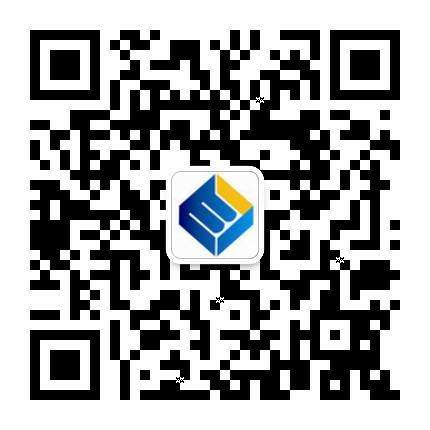About us
Future schools are most lacking in such teachers! The course they teach is the starting line they should strive for the most!
01
Education is changing, and the starting line is different
Innovation education, science courses, interdisciplinary and even cross grade education, core literacy cultivation, group collaboration, social practice... Nowadays, children's education in school is far from just subject education, quizzes, endorsements, and exams. Wave after wave of educational reforms are attempting to tap into the interests and talents of more children, providing more personalized education and broader development space for more children.
If in the past, parents could have relied on more tutoring classes and advanced tutoring to help their children become successful, then now this method does have a certain effect, but there is a change that visionary parents should pay attention to - from the reform of the middle and high school entrance examination, exploration of new evaluation systems, adjustment of curriculum structure, and other phenomena, children nowadays want to become better, More opportunities for success require more abilities - self-directed learning ability, critical spirit, hands-on ability, practical spirit, leadership, communication and coordination ability, teamwork awareness
Parents may also feel this change - more and more schools are paying attention to cultivating students' comprehensive literacy in addition to teaching basic subjects, with science education and technology activities being particularly valued, because the abilities and qualities that these children need to possess are often more comprehensively and systematically cultivated and improved in these activities and education.
In short, education is undergoing transformation, and the starting line is very different from when parents went to school. To put it bluntly, in the past, people paid close attention to competitions such as the Olympic Games and physical chemistry competitions. However, currently, various domestic and international scientific and technological innovation competitions have leapt into everyone's vision - the direction of change is the breakthrough point for families to cultivate children to adapt to the needs of the times.
Have you paid attention to the science education and technology activities your child has received in school?
02
In the future, such teachers will become increasingly important
The current situation of these investigations is worth pondering
The principal of Tsinghua Affiliated High School, Wang Dianjun, once told such a story——
In the winter of 2014, three junior high school students jointly wrote to me and said, "Principal, the three of us are particularly interested in biology and life sciences, especially cloning technology. However, the biology teacher only knows some concepts and cannot guide us in further research. You are from Tsinghua University. Can you introduce us to the professor at Tsinghua University's Life Sciences Laboratory and let us learn from them.
I contacted the students in the laboratory, and they spent their spare time studying and researching with the professor. Gradually, they all fell in love with this subject.
The three of them brought more classmates. Some students persist and consider this as their major in university, while others give up halfway.
So, when children have special needs and hobbies, you can't simply say, sorry, we don't have such a teacher, you can learn on your own.
——Perhaps schools that can achieve such training methods as Tsinghua Affiliated High School are still unique, but there is a trend that more and more schools are providing children with opportunities to engage in such scientific activities and technological experiences. Under this concept of scientific education, the role of science education instructors in schools is particularly important. So, what is the overall situation of science education workers in our school?
The editor noticed such a group - technology counselors. The editor has learned about the "Research on the Development Status of Science and Technology Counselors in China" in the "Blue Book of Science Education: China Science Education Development Report (2017)", and has a general understanding of the current situation of science and technology counselors for primary and secondary school students.
The report surveyed 1431 primary and secondary school science and technology counselors, involving 511 rural science and technology counselors and 920 urban science and technology counselors. In terms of gender ratio, age, educational background, etc., the structure is relatively reasonable. However, the following data is also worth parents' attention, let's take a look at what the scientific counselor group in their children's schools looks like——
The structure of disciplines and majors needs to be optimized
48.99% of school science and technology counselors have professional backgrounds in science (science, engineering, medical, etc.), 8.53% in science education, 26.69% in humanities, 8.87% in music, sports, and aesthetics, and 6.92% in other fields (such as primary education). That is to say, from the perspective of youth science and technology activities with natural science and technology as the main content, the number of science and technology counselors with backgrounds in science and technology majors and science education majors is relatively small, and the structure of disciplines and majors is not optimized.
Most part-time workers
A survey shows that only 1 out of 5 technology counselors is dedicated. 65.92% of science and technology counselors have no experience in writing school-based textbooks, and 75.78% of science and technology counselors have not received relevant guidance from universities or research institutes. Most school science and technology counselors organize activities such as science festivals or science weeks (75.34%), but these tasks only account for 25.87% of their main work. It can be seen that there may be very few teachers in schools who work full-time as technology counselors. If children participate in technology activity projects at school, they may have more contact with counselors and teachers. However, when the activities come to an end, teachers may shift more energy to other teaching tasks.
Frequent guidance on ordinary technology activities, limited understanding of high-end technology activities
66.57% of technology counselors spend less than 3 hours per week tutoring students on technology activities. Most technology counselors have guided students to participate in some key promoted technology activities, such as youth technology innovation competitions and youth science survey experience activities. However, most technology counselors are not very familiar with expensive activities such as the Chinese Youth Robot Competition and Youth University Science Camp (accounting for 63.76% and 79.83% respectively). That is to say, if a child is interested in technology activities such as robot competitions, scientific imaging festivals, and university science camps that are relatively "expensive", they should also pay attention to whether the school they attend has relevant guidance conditions and experience.
The scientific literacy, teaching experience, and guidance experience of science teachers and technology counselors are directly related to the level of science education children receive in school.
From this survey data, it can be seen that the distribution structure of science and technology counselors in primary and secondary schools is relatively reasonable in terms of gender, age, and educational background.
However, if there is a desire to provide scientific enlightenment education and cultivate scientific literacy for children, and even if a path related to science has been determined, then the data reflects the potential shortcomings of our school's science education, which is worth parents' attention: for example, the majority of technology counselors hold part-time positions; The number of science and technology counselors with backgrounds in science and technology majors and science education majors is relatively small, and the structure of disciplines and majors is not optimized; Play a greater role in short-term technology competitions or activities.
03
The Scientific Spirit Behind Science Classes
Education should truly be given to children
Since last year, science courses have entered the curriculum of first grade primary school, and it has been almost a year now. Education is a process of waiting for flowers to bloom. Although it is still too early to evaluate the prospects and differences that students who have received science education since elementary school will have, the determination of the country to cultivate children's scientific spirit is evident.
In fact, many parents reject the concept of "starting line" because each child is different. Pulling all children down to the same evaluation standard, with the sound of a gun, and urging them to run towards the same endpoint, is actually contrary to the laws of education and human development.
However, one thing is certain that regardless of whether children accept the "starting line" or not, regardless of what kind of education and personalized education they receive, if they want to integrate into society and make a difference in the future, most children must attach importance to the critical spirit, self-learning ability, hands-on ability, practical spirit, leadership, communication and coordination ability, and team cooperation consciousness behind scientific education
Only by understanding the significance behind this can we grasp the opportunity in the transformation of education. Taking the new college entrance examination reform as an example, some students in Zhejiang Province choose to give up the subject of physics, mainly due to its difficulty. Avoiding physics makes it easier to achieve higher scores and will be in a favorable position in the competition for the college entrance examination.
These children seem to have abandoned a "difficult" path and chosen the "shortcut" of getting grades and pursuing higher education, but truly visionary people understand that physics is a fundamental course for engaging in scientific research and innovation. If high school does not systematically study physics, personally speaking, it may affect further learning and research in universities; For the country, it may affect the basic capabilities of technological innovation.
Science education includes the stimulation of scientific interest, the accumulation of systematic scientific knowledge, the exercise of scientific thinking and methods, the cultivation of scientific spirit, and the practical application of scientific innovation. This is a complete learning chain.
Compared to knowledge learning, the cultivation of scientific spirit is what our education should teach children the most.
Note: This article is reproduced from "2100 Laboratory".

